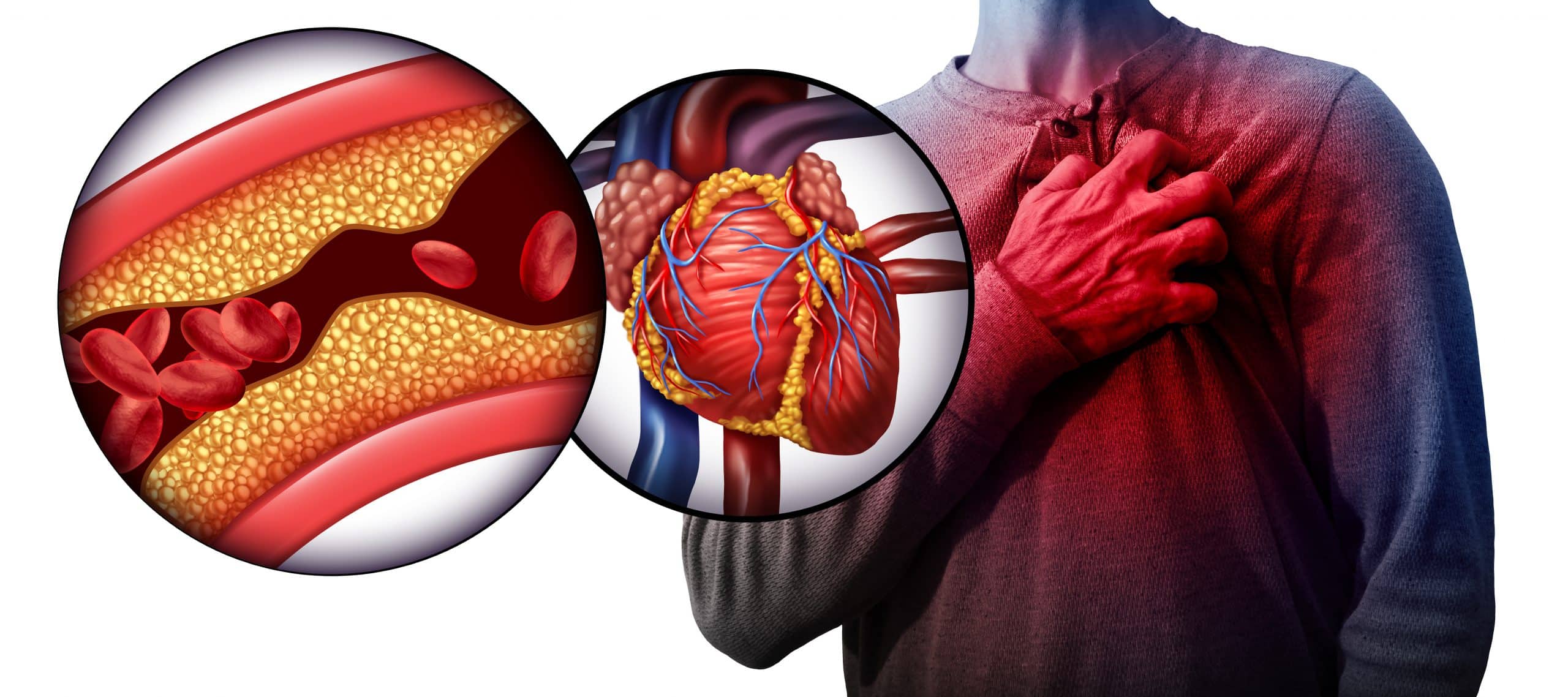01/24/2019
Can Certain Infections Lead to Cardiovascular Disease?
When it comes to avoiding cardiovascular disease (CVD), there are things we can try to control and many we cannot. Various cardiac events, such as a heart attack, stroke, hypertension, or heart failure, can be reduced by avoiding certain foods, smoking cessation, maintaining a healthy body weight, and exercising regularly. However, some risk factors for heart disease cannot be avoided, including race, age, gender, and family history. With over 84 million people in the U.S. suffering from CVD, and with an average of 2,200 dying every day from heart disease, knowing your risks and taking necessary precautions is an important part of maintaining heart health.
Studies show there may be another risk factor to keep in mind as well. Infections, such as urinary tract infections (UTIs), influenza and pneumonia may now lead to an increased risk of heart attack and stroke. And while getting an infection is not always avoidable, there are some things you can do to lower your risk.
Recent Study Linking Infections to CVD Events
The link between infections and heart disease is not new to doctors. However, two new studies have revealed just how strong the link is. One study, recently published in the Journal of American Heart Association, analyzed how often infections could lead to CVD as well as how long an infection could put a patient at risk for a serious cardiac event.

For this research, individuals who had experienced different forms of cardiovascular events, including ischemic stroke events and coronary heart disease (CHD) events were examined. When analyzing the participants, researchers searched for any infections that may have existed 1-2 years prior to the CVD events and found the most common infections to be UTIs, pneumonia, and respiratory infections.
Over 2,000 people were studied, and 37 percent of CHD-related subjects had developed an infection in the prior three months before their CHD event occurred. Approximately 30 percent of stroke-related participants developed infections during the same time period, however, the risk of suffering a stroke was highest within the first two weeks after acquiring an infection.
Can Hospitals Increase the Risk of Cardiovascular Disease?
A second study, which was published in the European Journal of Preventive Cardiology, found that severe infections requiring hospitalization, such as sepsis or advanced pneumonia, can increase one’s chances of CVD for several years after the infection. Whether or not the hospitalization is directly linked to the heightened risk is unclear.
This study followed over 235,000 men from adolescence to middle age in hopes of better understanding the link between being hospitalized for an infection and developing CVD or CHD. Variables such as age and medical history were taken into consideration, but overall, researchers found people to be the most vulnerable 3-5 years following a severe infection.
Avoid CVD by Preventing Future Infections
In addition to watching your diet and blood pressure, be sure to add vaccinations and vitamin C to your list of preventative measures against cardiovascular disease. Start getting your annual flu shot to avoid influenza, and the CDC recommends everyone over the age of 65 to get a pneumococcal polysaccharide vaccination to lower their risk of pneumonia.
It is also important to visit your cardiologist to be screened for any other heart disease-related risk factors you may have, such as high cholesterol, hypertension or diabetes.



